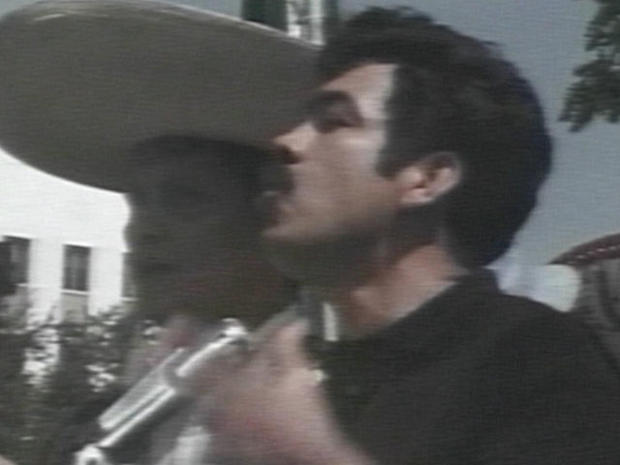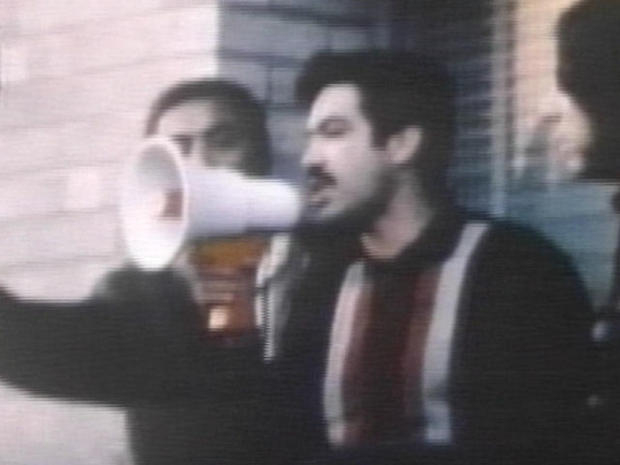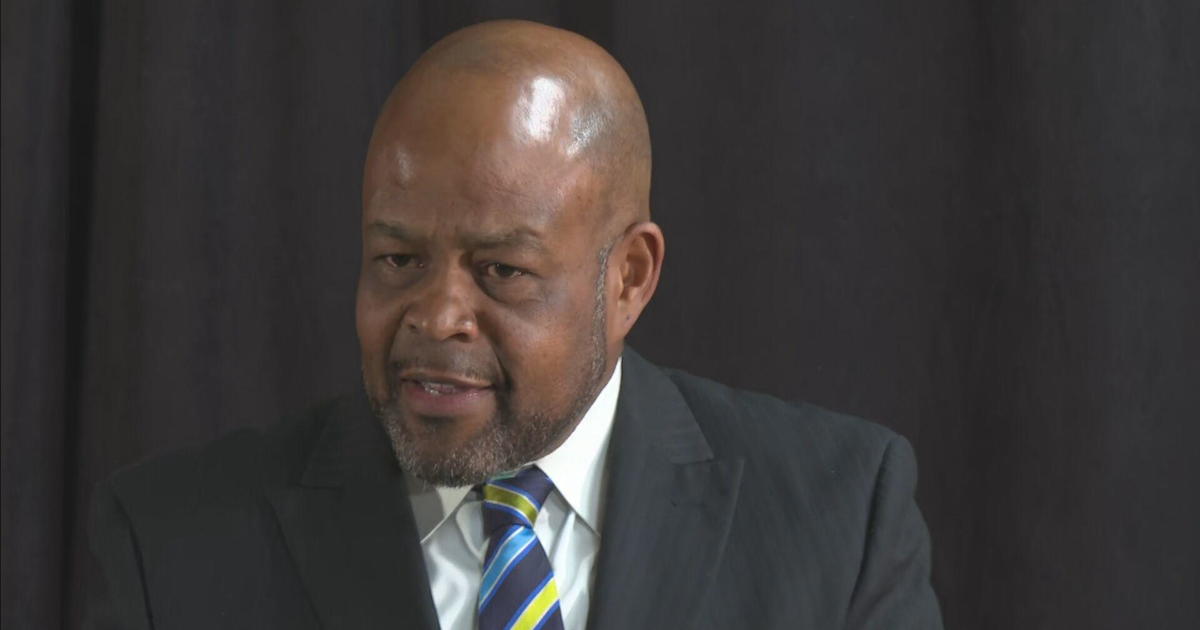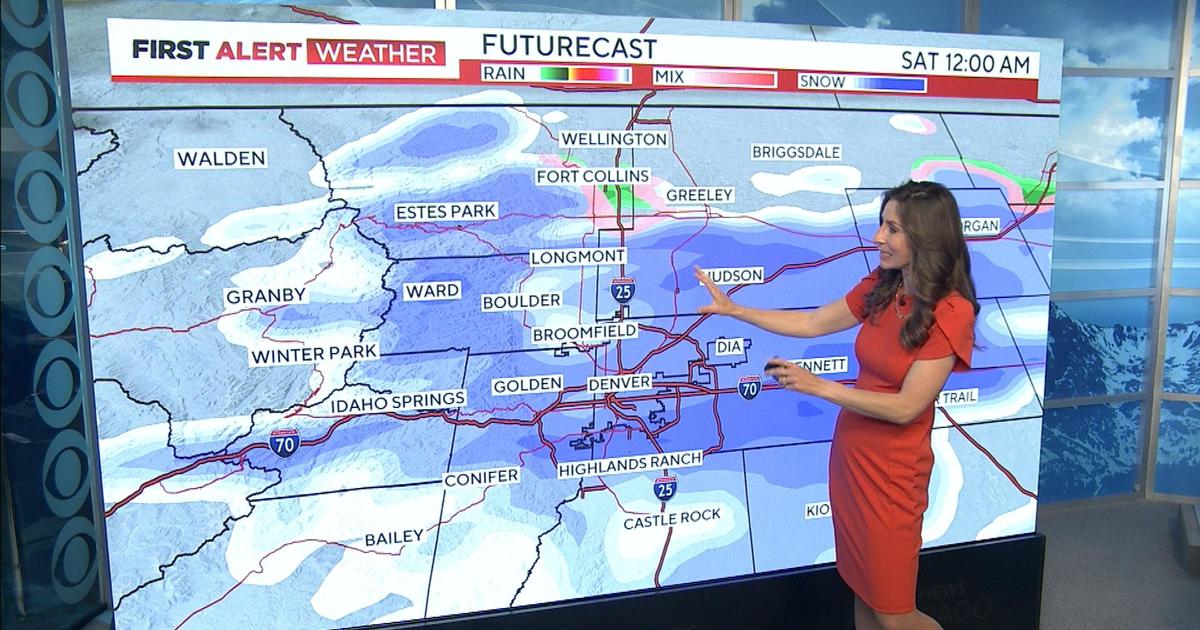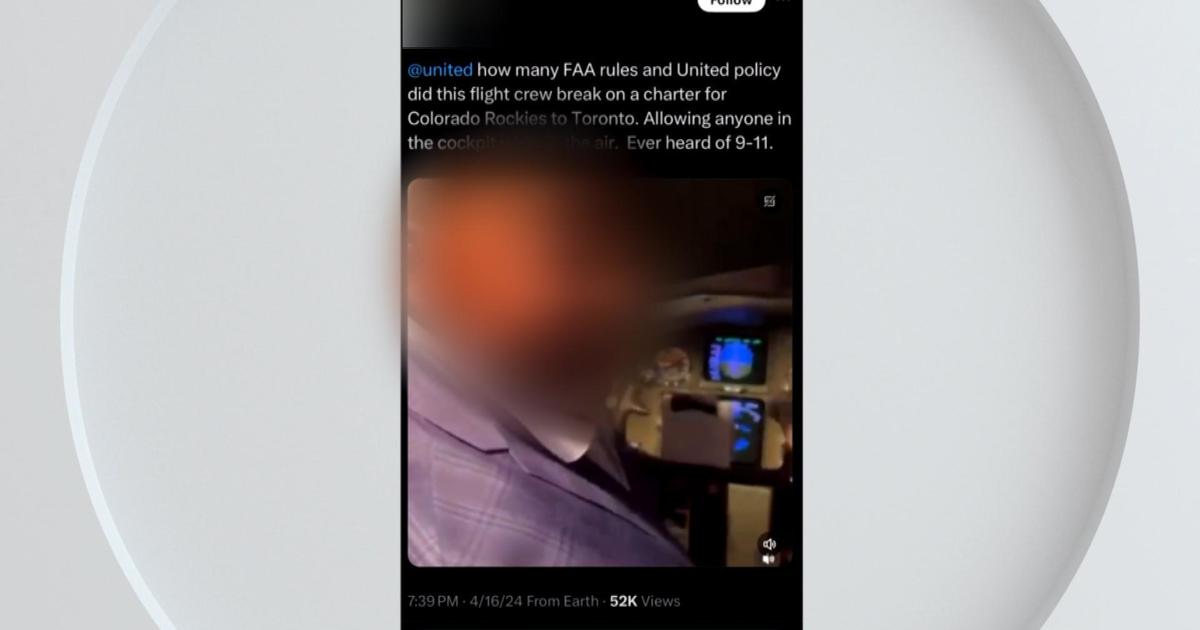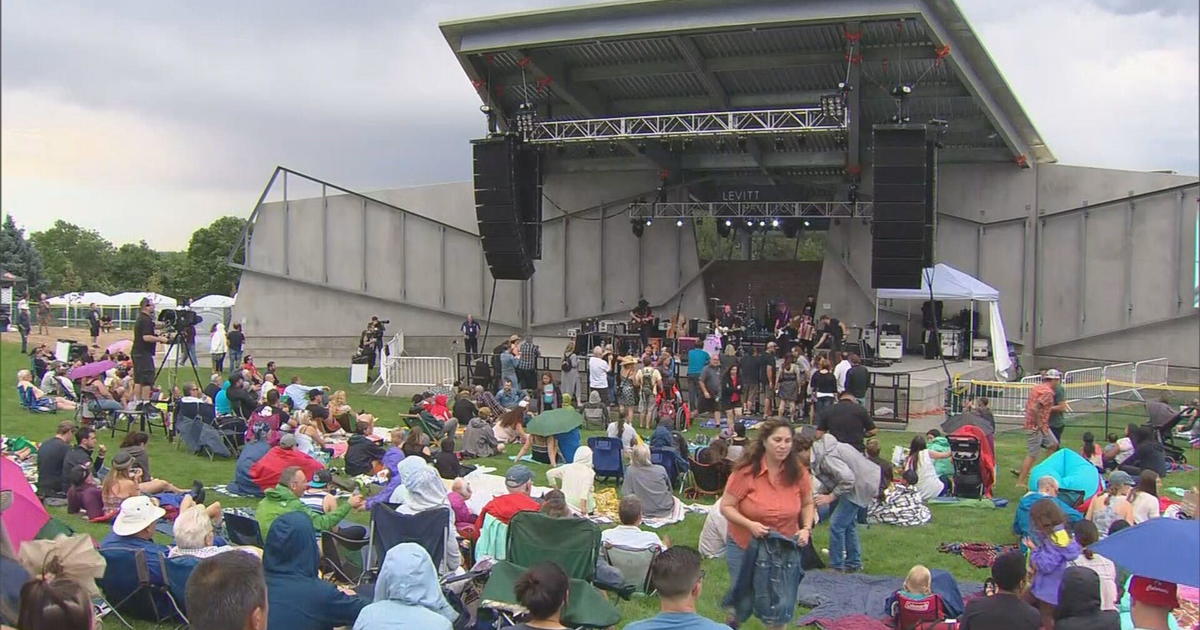Who Was Rodolfo 'Corky' Gonzales, Featured On Friday's Google Doodle?
(CBS4) - Google on Friday is honoring a Hispanic leader Rodolfo "Corky" Gonzales, who lived in Denver. The Google Doodle on the company's homepage features an animated series of images showing scenes from Gonzales' life.
The boxer and poet was also a champion for racial and socioeconomic justice as one of the most influential leaders of the Chicano civil rights movement during the 1960s and 1970s.
CBS4 recently interviewed his son Rudy Gonzales about how the movement in Denver was felt across the nation.
"This little city, this little space really set the tone, the agenda, and it manifested the spirit of the Chicano movement across this country," Gonzales said.
Gonzales founded the civil rights organization Crusade for Justice. A Denver Public Library branch -- the Rodolfo "Corky" Gonzales Branch Library -- is also named after him.
The Google Doodle was illustrated by artist Roxie Vizcarra. Their information about it is as follows:
Today's slideshow Doodle, illustrated by Brooklyn, NY-based guest artist Roxie Vizcarra, celebrates U.S. Chicano educator, boxer, poet, and activist Rodolfo "Corky" Gonzales. In addition to being a champion in the boxing ring, he was also a champion for racial and socioeconomic justice as one of the most influential leaders of the Chicano Civil Rights Movement. On this day in 1970, the Escuela Tlatelolco Centro de Estudios, founded by Corky and his family, opened its doors as the first private school in United States history with a focus on Chicano/Mexican-American cultural studies. The slides in today's Doodle take a journey through Corky's life while featuring lines from Gonzales' epic 1967 poem and the rallying cry of the Chicano cultural movement, "Yo Soy Joaquín" ("I Am Joaquín").
Rodolfo Gonzales (nicknamed "Corky" for his effervescent personality) was born on June 18, 1928, in an east-side barrio of Denver, Colorado. Throughout his youth, Corky worked in the sugar beet fields with his father, a first-generation Mexican immigrant who taught him to take pride in his heritage.
Despite his limited free time, Corky graduated high school at just 16. He saved for college but after one year couldn't afford the high cost of tuition, so he embraced his athleticism to become an amateur boxer in 1944. At 19, Corky went pro as a featherweight. At the peak of his career, he was ranked as a top 3 featherweight boxer worldwide, but discriminatory organizers never gave him the chance to fight for the title. Retiring from boxing as a local star in 1955, he decided to use his platform and influence to advocate against racial and socioeconomic injustice across the nation.
In 1966, Corky founded the Crusade for Justice, a grassroots Chicano civil rights organization. He organized demonstrations in Denver and across the U.S., marching alongside civil rights leaders such as Cesar Chavez and Martin Luther King, Jr. In 1969, Corky furthered the cause by organizing the first National Chicano Youth Liberation Conference, where he inspired the younger generation to take pride in their heritage and be part of the cultural revolution.
Corky's creative writing reflected his activism and honored his Chicano pride throughout his career. His most notable poem "Yo Soy Joaquín'' tells the story of a man who travels through history to experience life as multiple Spanish leaders, Indigenous leaders from the Aztec homeland of Aztlán (referenced by the Aztec pyramid on the fourth slide of the Doodle), a Mexican revolutionary, and finally a Chicano in the United States.
Due in large part to leaders like Corky, the Chicano Movement led to widespread positive changes for the Mexican and Latino/a communities in the U.S. that continue to this day. This includes the development of bilingual and multicultural socioeconomic programs, improving the working conditions of migrant workers, and increasing the representation of Mexican-Americans and Latinos/as in U.S. politics and education—all foundational elements to the fight for justice and equality that continues to this day.
Here's to you, Corky! ¡Mil gracias, Corky!
